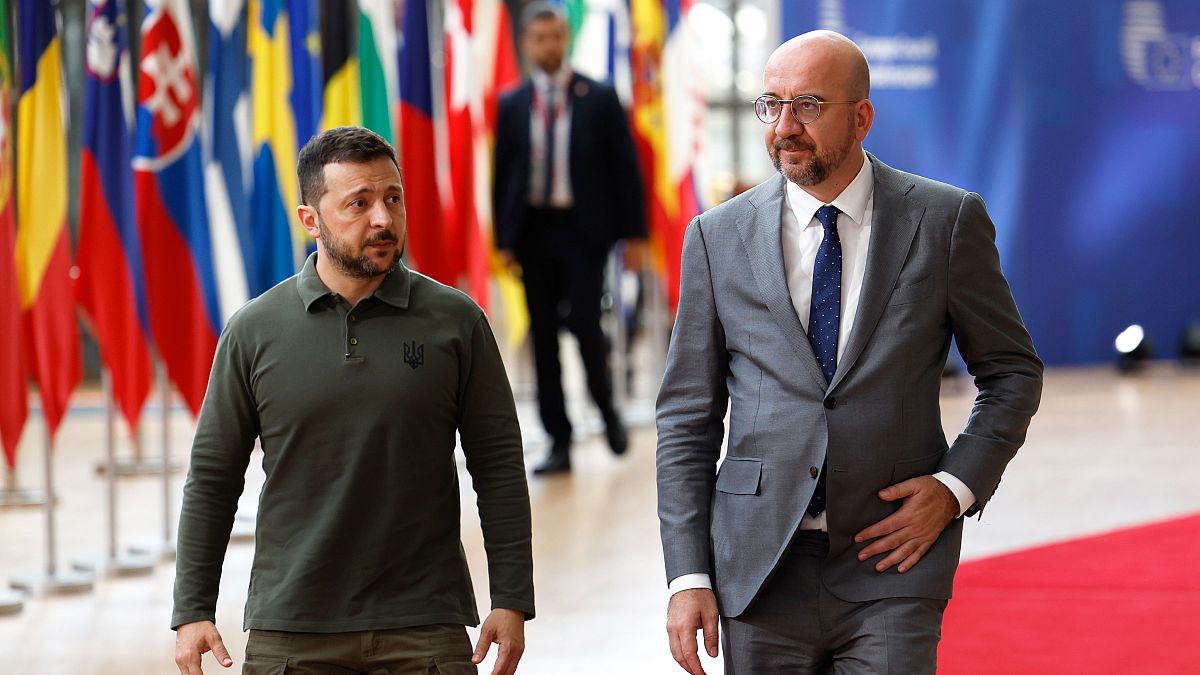European policymakers are facing a dilemma as they seek to enhance their military capabilities in response to Russian aggression and a potential lack of commitment from the US. A recent poll conducted by the European Council on Foreign Relations revealed that citizens in key European countries like France, Italy, Spain, and the UK are not in favor of increased defense spending. This reluctance to invest more in defense could complicate efforts to strengthen the continent’s military capabilities in light of the ongoing conflict in Ukraine and uncertainty about US support for transatlantic security.
The results of the poll, which surveyed 19,500 adults in 15 countries, also highlighted skepticism among EU citizens about the bloc expanding to the east. While Brussels recently initiated membership talks with Ukraine and Moldova, many Europeans question the purpose of further enlargement. Ukrainians see EU membership as recognition of their struggle, while EU nationals view it as part of a potential settlement deal. This divergence of views could impact public support for direct military involvement in the region.
The reluctance to increase defense spending was particularly evident in Italy, where over 62% of respondents opposed the government splurging on military expenditures at the expense of other priorities like health and education. Interestingly, in Germany, a country traditionally pacifist since World War II, a majority of respondents favored higher military spending. However, there is also an anti-war sentiment among voters, which has been embraced by political parties on both the left and right in Germany.
The poll results come ahead of a NATO summit in Washington, DC, where concerns about a potential second term for former US President Donald Trump and his approach towards Ukraine and Europe will be discussed. While an increasing number of NATO allies are meeting the 2% GDP defense spending target, there are still doubts about the level of US support moving forward. European Commission President Ursula von der Leyen has emphasized the importance of military policy in her second term, but public apathy towards Ukraine’s potential EU membership could hinder her plans.
Despite the EU’s commitment to supporting Ukraine with military aid and potential troop deployment, public opinion in countries like Germany and France is divided. While some neighbors like Poland, Estonia, Sweden, Spain, and Portugal view Ukraine as culturally part of Europe and support its EU membership, others have concerns about security, corruption, and cost implications. The upcoming legislative elections in France could impact President Emmanuel Macron’s leadership, as the far-right National Rally party, led by Marine Le Pen, poses a threat with its admiration for Russian President Vladimir Putin and his foreign policy.
In conclusion, European policymakers are facing challenges in garnering public support for increased defense spending and further EU enlargement to the east. The divergent views among EU citizens on military involvement, NATO commitments, and Ukraine’s membership aspirations highlight the complexity of navigating geopolitical relationships in the region. The upcoming NATO summit and legislative elections in France will provide insight into the future direction of European security policy and transatlantic relations in the face of Russian aggression and US uncertainties. It remains to be seen how policymakers will address these challenges while balancing national interests and regional security concerns.











